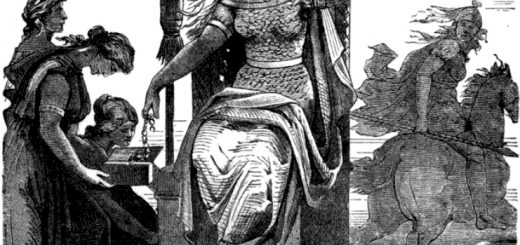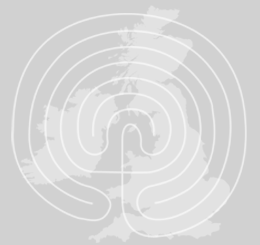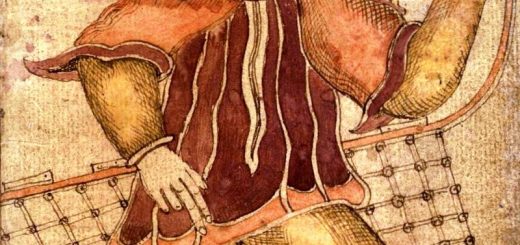Diana
A goddess of the moon and wild places, Diana is the primal powerful goddess and the ‘Queen of Heaven’ in the Roman Pantheon.
In ancient times Diana was thought to lead the wild hunt through the night skies. Her hunting party was said to comprise of people who had died before their time, either in the flower of youth or by violent means. She shares the role of leader of the wild hunt with other goddesses such as Hecate, and Artemis. In British mythology this task is usually reserved for a male figures such as Gwyn ap Nudd, and other more local folk heroes and anti-heroes.
![Guillaume Seignac [CC BY 2.0 (https://creativecommons.org/licenses/by/2.0)]](http://www.mysteriousbritain.co.uk/wp/wp-content/uploads/2018/12/Seignac_Diane_chassant_5613442047-194x300.jpg) There is some evidence that Diana was worshiped as a triple goddess, the wild huntress being one of the divisions. The others were the mother of creatures, and the lunar virgin.
There is some evidence that Diana was worshiped as a triple goddess, the wild huntress being one of the divisions. The others were the mother of creatures, and the lunar virgin.
As a powerful prime goddess of the moon, open skies and womanhood, many witches have adopted her as a deity in modern times.
In classical times she was also seen as the ‘witches goddess’ having a dark side as well as the more positive aspects of the lunar force. There is no doubt that her worship was looked on disfavourably by the early Christian church. Later it is probable that she was associated with St Anne, who shares some of her characteristics. She appears in the confessions of witches, cruelly extracted by the torture from the 15th century, when her worship was revived in parts of Europe.
In Roman times her chief festival ‘The Festival of the Torches’ was held on the 15th of August, when lighted torches were placed in her sacred groves. Her other sacred day was the ‘Feast of our Lady Queen of Heaven’ on the 31st of May.
In Rome she was invoked as protection for the years harvest, and against destructive weather although many Roman gods are interchangeable in these aspects. Her sacred animals were the stag and the dog.




Recent Comments